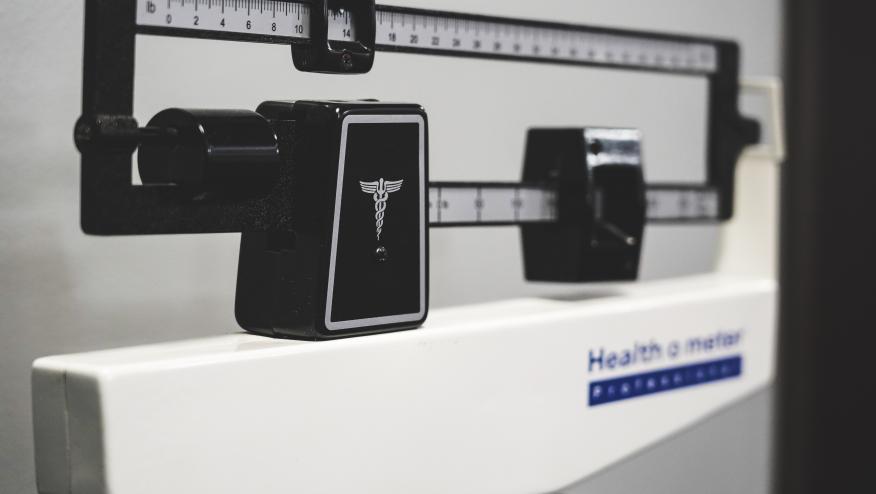Postoperative Weight Loss Improves Joint Replacement Survival Save

A cohort study of shows that postoperative weight loss with antiobesity medications significantly reduced the risk of 5-year and 10-year revision among patients with obesity undergoing hip or knee replacement.
Although the 2023 American College of Rheumatology and American Association of Hip and Knee Surgeons Clinical Practice Guideline concluded that obesity alone should not delay joint replacement, obesity is known to be complicating factor. In this target trial emulation, a retrospective cohort study was designed using IQVIA Medical Research Database patients to assess the degree of weight loss (small-to-moderate 2%-10% vs large ≥10%) with the use of antiobesity medications (orlistat, sibutramine, glucagon-like peptide-1 receptor agonists, and rimonabant) within 1 year of joint replacement surgery.
A total of 3691 participants were included. According to their postoperative weight loss, the 5-year risks of revision were:
- 5.6% Stable weight
- 4.4% small-to-moderate weight loss (HR 0.75; 95% CI, 0.55-1.04 vs stable group)
- 3.7% large weight loss (HR 0.57; 0.36-0.91) f
- Similar results regardless of hip or knee replacement.
Similar findings were seen with weight loss and the 10-year risks of revision surgery.
Antiobesity medication use and sustainable weight loss may be an effective strategy for improving implant survivorship in hip and knee replacement patients who are obese.










If you are a health practitioner, you may Login/Register to comment.
Due to the nature of these comment forums, only health practitioners are allowed to comment at this time.